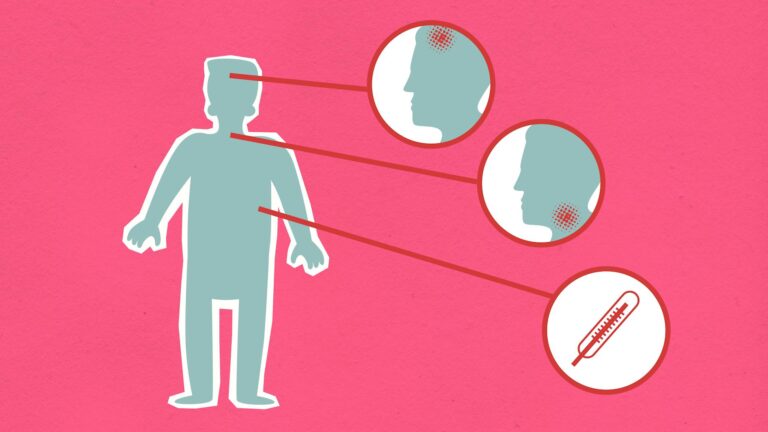Forgetting things is a common experience that many of us face daily. It can be frustrating, especially when it seems like it’s happening more often than usual. But what does it really mean when you keep forgetting things? Let’s explore some of the reasons behind this phenomenon.
Firstly, forgetting is a natural part of how our brains work. Our brains are constantly processing and filtering information, and sometimes, things just slip through the cracks. This doesn’t necessarily mean there’s anything wrong with your memory; it’s just how our brains prioritize and manage information. For instance, if you meet someone new at a party, you might forget their name because you weren’t paying much attention to it at the time.
Another reason for forgetting is interference. This can happen in two ways: when new information interferes with old information (retroactive interference), or when old information gets in the way of new information (proactive interference). Think of it like trying to learn a new language while still remembering your native language; sometimes, the old language can make it harder to recall the new one.
Aging is also a factor in memory loss. As we get older, our brains undergo natural changes that can affect memory. However, not all memory problems are signs of serious conditions like dementia. Many people experience age-related forgetfulness without developing dementia.
Additionally, lifestyle factors can play a significant role. Lack of sleep, stress, and an unhealthy diet can all impact your ability to remember things. Nutrient deficiencies, such as a lack of vitamin B-12 or iron, can also affect cognitive function. Even conditions like depression or anxiety can make it harder to focus and remember.
Lastly, certain health conditions or infections can cause memory issues. For example, viral infections like COVID-19 can lead to cognitive problems, including memory loss, even after recovery. Similarly, conditions like multiple sclerosis can cause brain fog, which includes memory difficulties.
Understanding why you forget things can help you address the issue more effectively. By recognizing the natural processes of memory and the potential impact of lifestyle and health factors, you can take steps to improve your memory and reduce frustration. Whether it’s improving your diet, managing stress, or simply being more mindful of new information, there are many ways to support your brain’s ability to remember.





